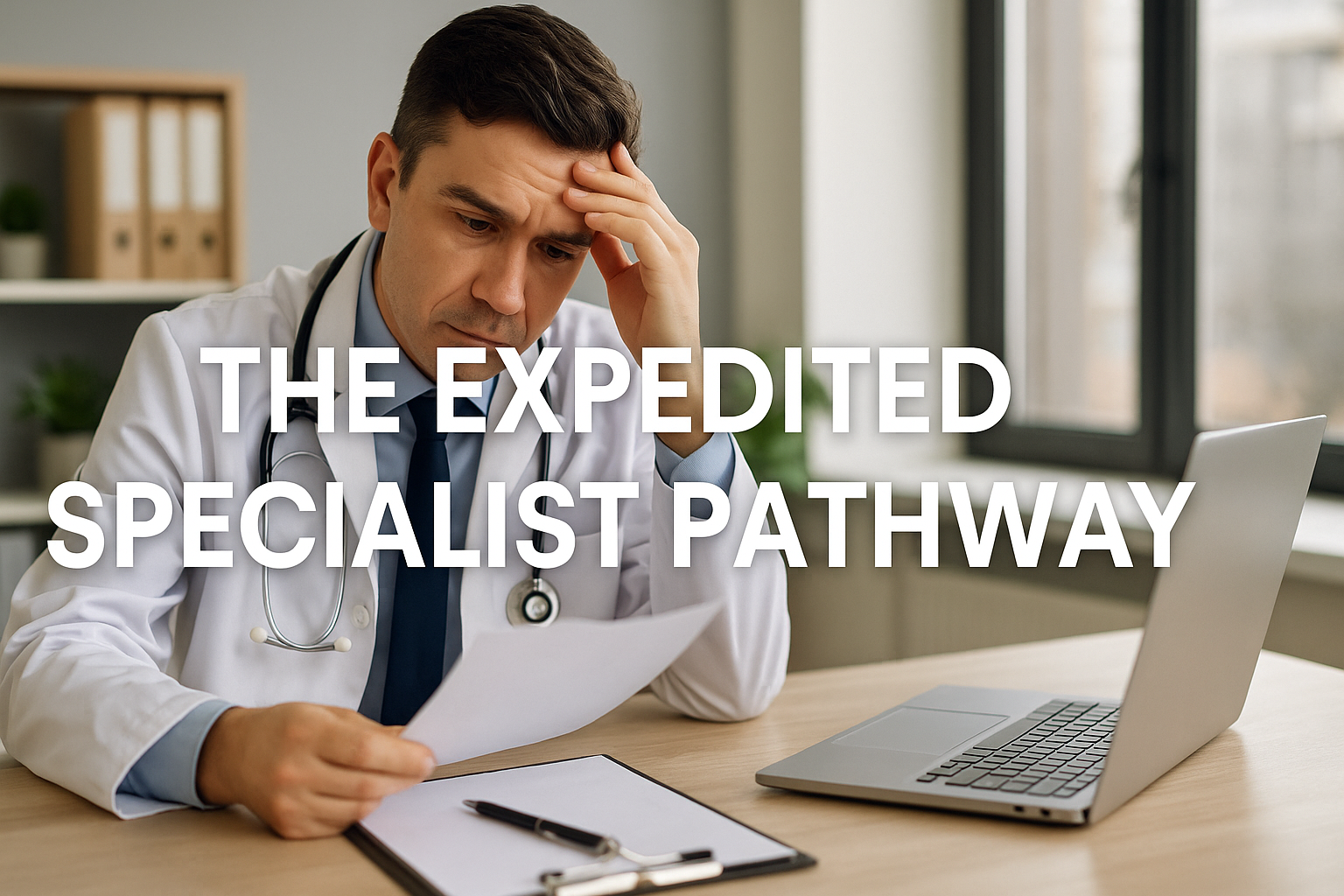Family life on the road: what it’s like to travel locum your way around Australia

What It’s Like to Travel Locum Your Way Around Australia
Snorkeling the Great Barrier Reef. Running into a Cassowary in the Daintree Rainforest. Hiking to see Aboriginal rock art in Carnarvon Gorge. Squeezing through the dark passageways of Capricorn Caves. Walking around the base of Uluru. Looking out for Saltwater Crocodiles in Kakadu National Park. These are just a handful of the memories we have made during the past six months while doing travel locum work!
In January 2016 our family of five left our home in Brisbane to travel around Australia in a camper trailer for twelve months. In preparation for the new lifestyle, we sold most of our belongings and moved the rest into storage.
WHY WE DECIDED TO TRAVEL
Most people assume that we are travelling because we want to see the gorgeous country of Australia. While this is true, in part, the larger reason we decided to travel was to challenge ourselves to grow in new ways.
First of all, it was great timing for my husband’s medical career. He had recently passed his Emergency Medicine consultant exams after several years of study. If we ever wanted to take an extended period of time to travel.
We also knew that by doing travel locum work in different hospitals around the country, we would get a feel for what different communities would be like to live and work in. From the mining town of Mount Isa QLD to the large Aboriginal community in Katherine NT, he is getting a wide variety of clinical experience.
HOW WE FUNDED THE TRIP
We had not saved any funds for our trip, so we simply budget month to month and figure out how much we need to work along the way. In general we have taken a two to three week travel locum job every two months in order to cover our expenses. James from Medipeople simply sends us a list of available travel locum positions and we choose which jobs will coincide with our travel plans. Each travel locum job gives us a little break from the travelling lifestyle and helps us regain our momentum. I honestly do not think I would be able to travel 12 months full on had it not been for these “mini holidays” in hospital provided accommodation. Staying in a furnished house or unit is a welcome experience after 6 to 8 weeks of being on the road, and my husband enjoys the challenge of a frequently changing work environment.
FAMILY LIFE
Regarding the children, there are pros and cons to travelling while they are young. Our kids were 1, 5 and 7 when we started out. The benefit of going early rather than later is that the kids were not already established in school like they would be when they are older. It does mean, however, that we have to set a pace that is reasonable for our little travellers and the types of activities we participate in are occasionally limited. We don’t usually drive more than 10 hours in a week, and one touristy type outing is usually enough for each day.
All in all, every family member is finding out what it means to truly value moments not things, and getting to see so much of this amazing country we live in is, in a word, priceless. I don’t think we will ever be able to explain how much we have all gained from this experience.
Yes, we have had a flat tyre and other mechanical problems. Yes, we have had to set up camp in the pouring rain. Yes, we have had to sleep in 42 degree heat. Yes, we have had multiple screaming kids on a long car ride. But I wouldn’t change a thing!
TRAVEL LOCUM WORK
With all the fun memories and insights we have had during our trip, I can safely say this will always be one of our favourite years to look back on.
I would recommend, to anyone who can swing it, to definitely give travel locum work a go. You might regret not doing it, but you won’t ever regret doing it.
Embrace life and enjoy the ride!
Chelsea Smith









